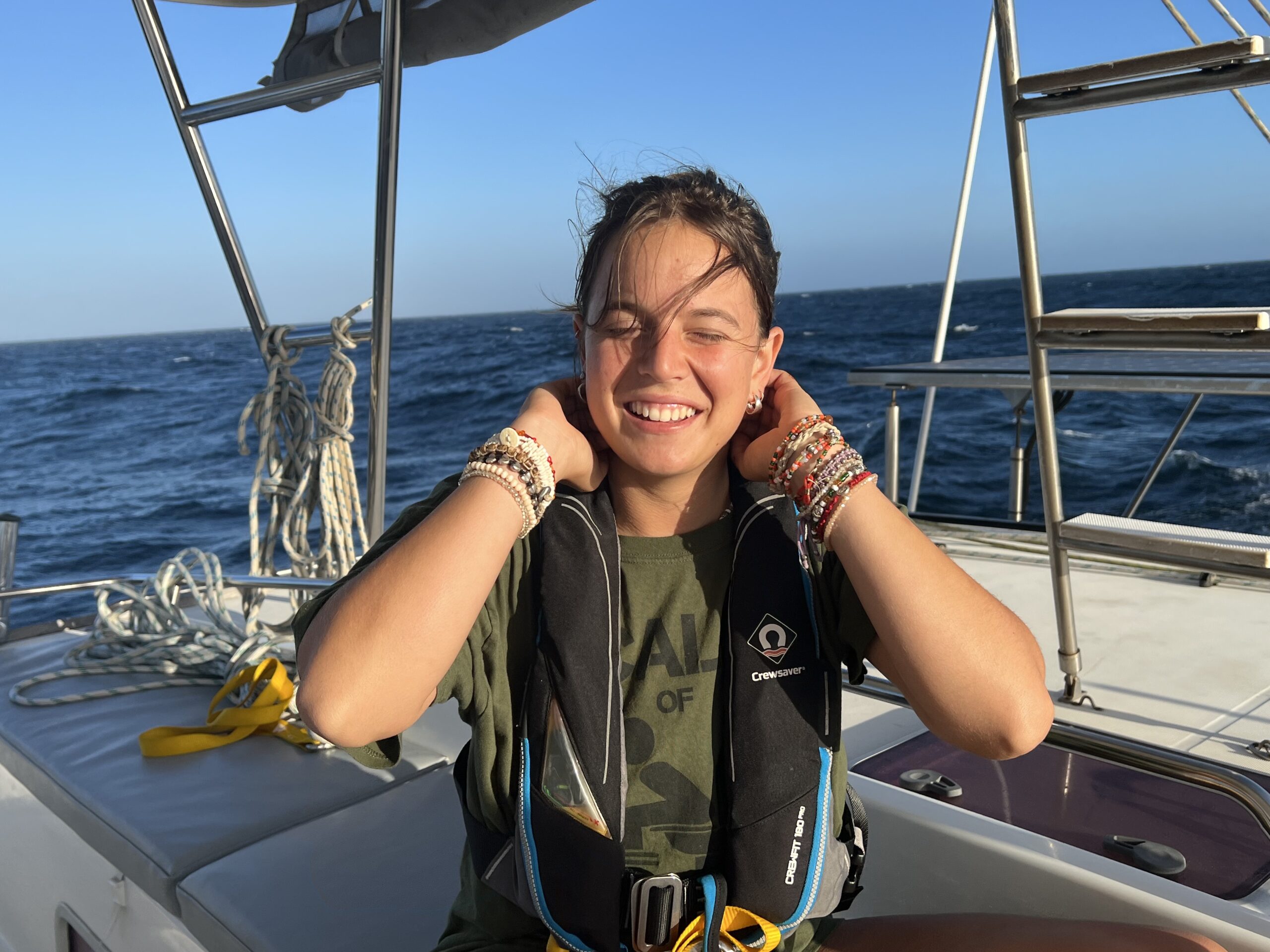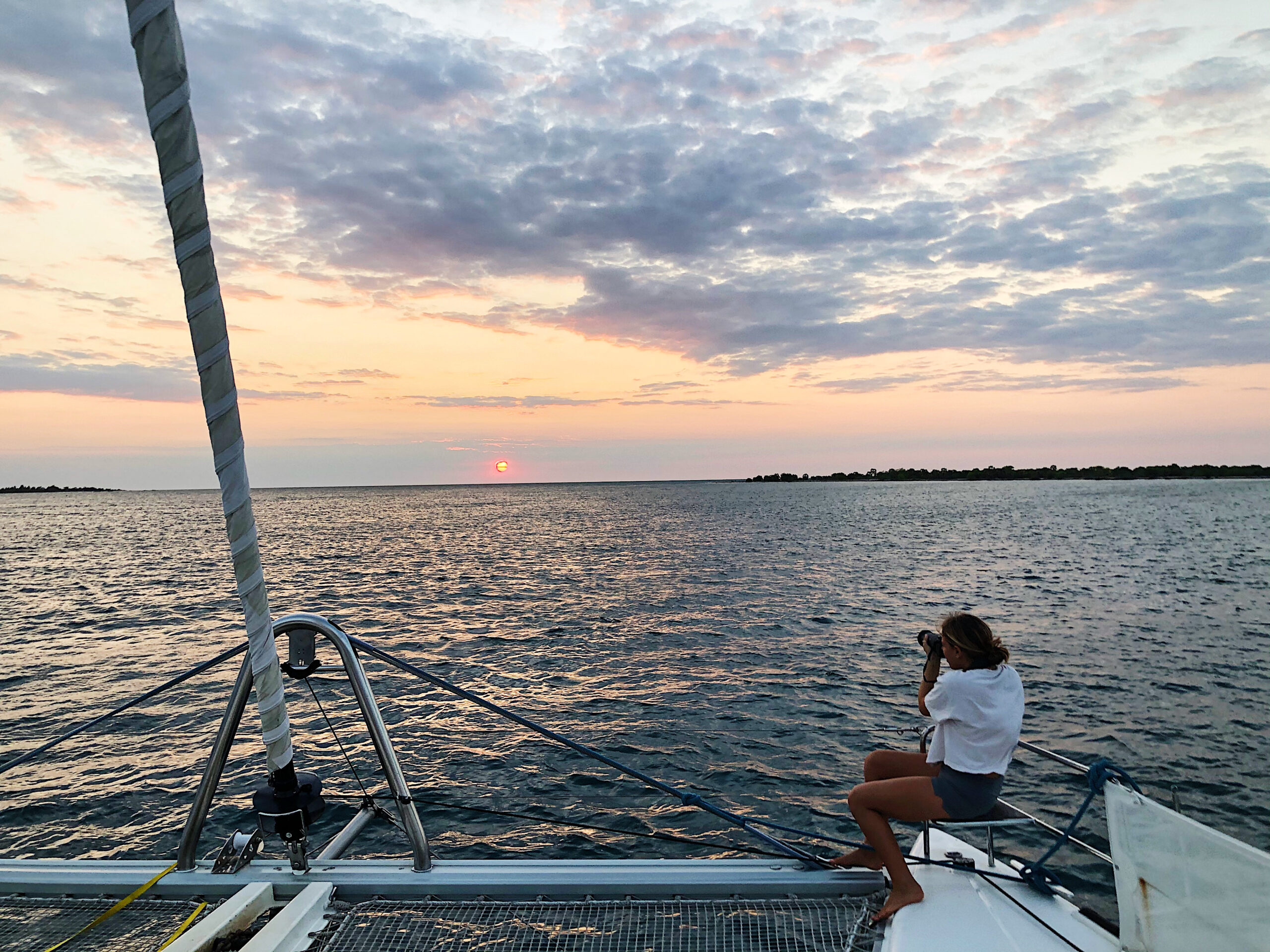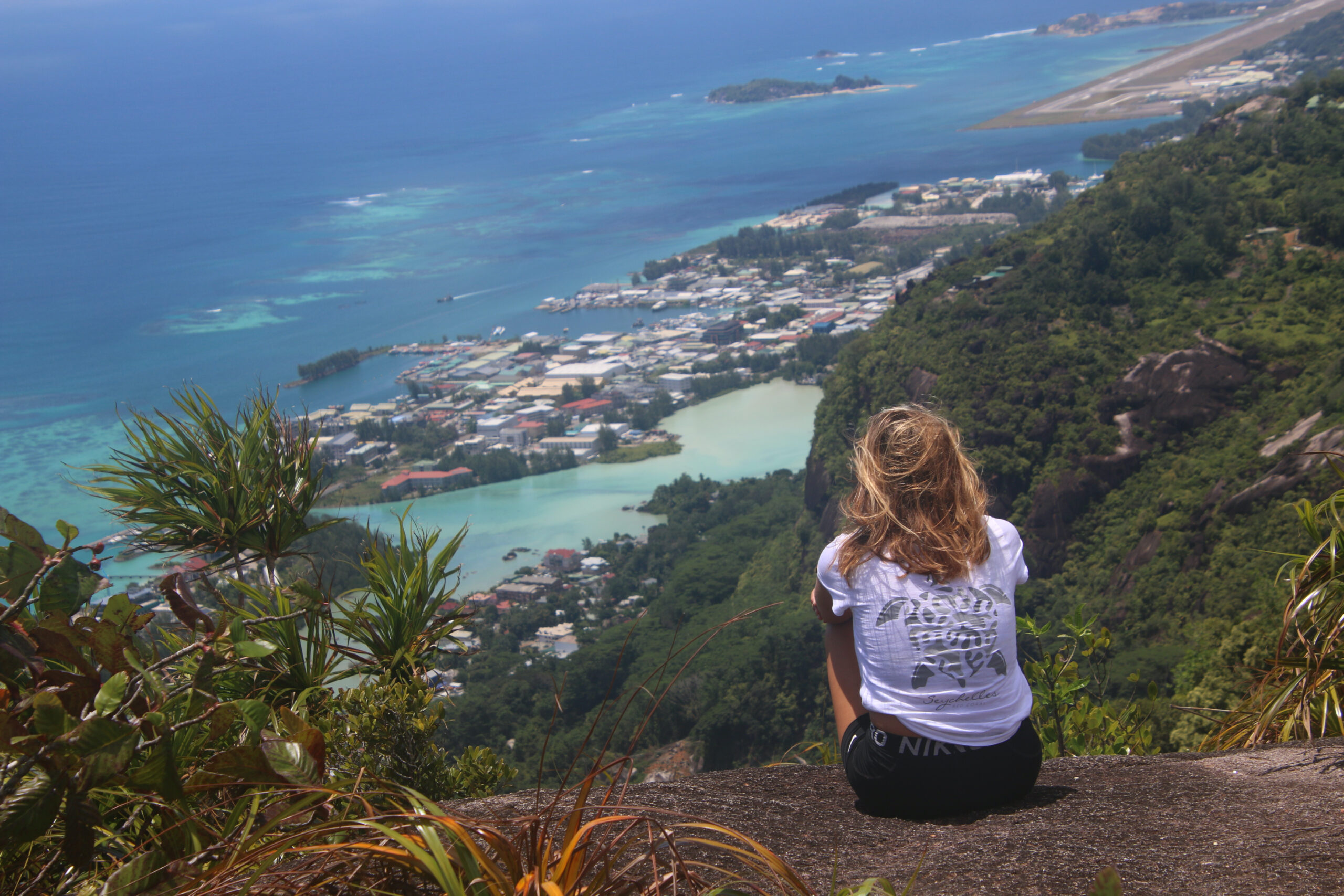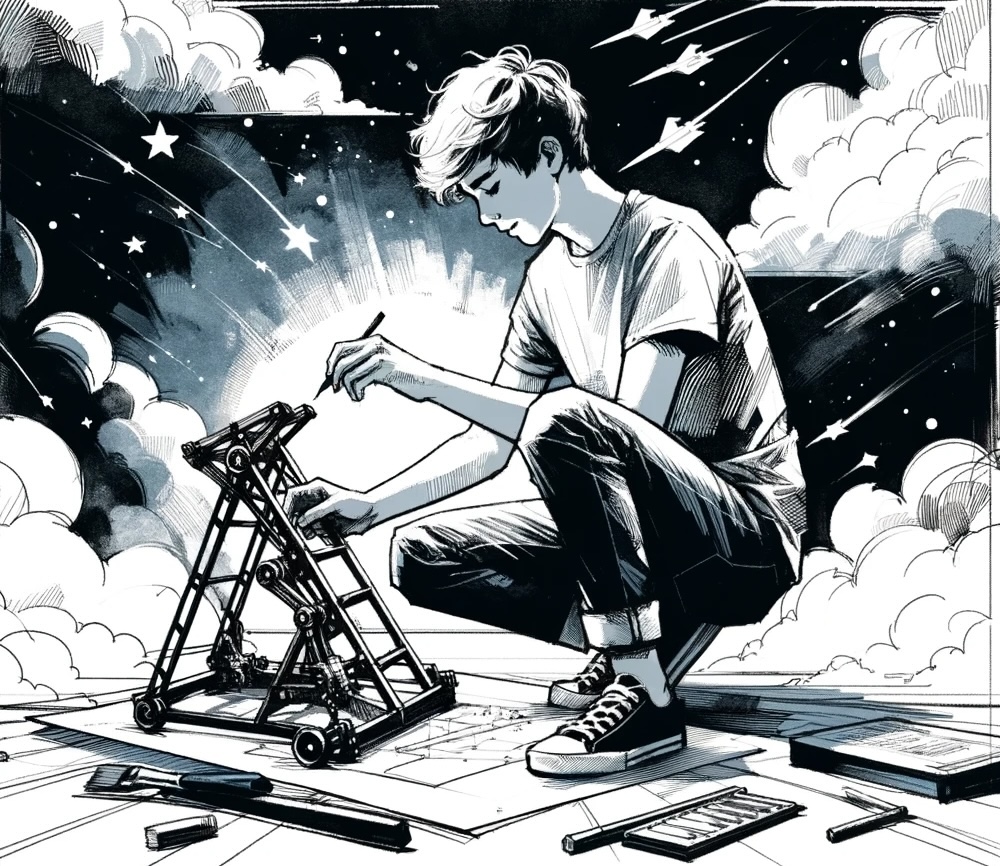Many students thrive in a traditional school setting. Brick and mortar schooling where you sit at desks with 15-25 other students is a system that has been used for decades. (Sir Ken Robinson has a great description of the “industrial model” of education in his famous Ted talk.) However, this system is undeniably outdated and no longer the best option for many students. I’m one of those students.
My Educational Journey
I spent my early childhood in Philadelphia attending a traditional private school. When I was eight, I took off on a sailboat for two years with my family, during which time I homeschooled along with two sisters—one older, one younger; I’m the middle child (for what that’s worth). I would characterize this first brush with homeschooling as freestyle. We were living on a boat and had a philosophy that the world was our classroom. In the second year my parents got some curricula out of a box (the Calvert curriculum, I think); but, mostly we were left to explore the world and learning on our own, and often in a co-learning manner with our parents. It was super cool, and I loved it!
I returned to traditional school in 6th grade for one year; stepped out into a more normal, land-based homeschool experience for 7th grade; went back to traditional school for one year (8th grade) in order to finish up middle school; and, finally, returned to boat life for high school, during which I homeschooled but in a very different way from my earlier years.
As is obvious from this, I switched it up a lot. Although all this change came with challenges, it taught me a lot about the ways in which I learn best and the different options for kids (like me) living alternative lifestyles.

Perspective on Education
Looking back on my time in traditional school, I see many faults, including: the incredible amount of time I spent in non academic activities like transitioning between class; the peer pressure to conform (including via social media); and the lack of freedom to pursue my interests. In contrast, my high school boat life provided me with a sense of freedom, where I could handpick my classes to satisfy my curiosity and choose subjects that I was passionate about.
But with freedom came a huge amount of responsibility. For example, I had to keep in mind my desire to go to college and ensure that I had the courses and grades to get there; and without anyone looking over my shoulder and nagging me on deadlines, I had to develop discipline and good habits—a heavy lift for me. (I recorded some videos of my hacks that fellow students in my position might find helpful.)
High School Evolution
During my first two years of high school I opted for courses that resembled virtual schooling, with one instructor leading a group of students in an online environment. I really struggled with this format and found that, in many ways, it was worse than regular school. With 12-18 kids in an online classroom it’s really hard to participate; and a lot of kids just checked out—leaving funny emojis on their screen, turning off their screen, or just interacting very minimally. On top of this, a lot of tech was outdated and janky, and I had bad internet in Papua New Guinea.
The one bright spot in those first two years was an English class that I did one-on-one with Hadley Westman. This was amazing. First of all, Hadley built the course around my interests. The class revolved around a reading list with weekly meetings, writing assignments, and occasional art projects. I realized that the personalized attention and rapport that I developed with Hadley made me feel at ease in class. Her approach to curriculum design allowed for flexibility that enabled me to engage in discussions and experience a diverse range of learning that I had not encountered before in traditional schooling.
What came next was a game changer. In my junior year, I took both math and science courses one-on-one with private teachers via Cicero. I noticed a shocking difference in my enjoyment of school after the switch. Having a teacher again for classes like math and science was a welcomed relief, since I’d struggled with STEM previously. Being able to ask questions and get focused time with the teacher made a huge difference in my learning. Additionally, learning through Cicero allowed me more freedom and flexibility in my lifestyle. Living on a boat does not allow for constant internet access, which is an important part for some homeschoolers and worldschoolers. My Cicero teachers worked around our travel schedules, ensuring that I never missed a beat.
At Cicero, I also took a marine biology course taught by Jenny Bourassa, a marine scientist who has taught project-based science for a number of years. This was a great fit for my boat life. The combination of being immersed in the topic and having my own private teacher was truly amazing. With Jenny as my personal guide, I learned a lot about the huge ecosystem that surrounded me every day.
Jenny also wove in some pretty fantastic in-situ learning opportunities along the way. For example, I did a volunteer “citizen science” project with Seakeepers and the University of Malaysia as part of the course, during which I took water samples every day as we sailed up the Malacca Straits. Then, when we visited the Chagos Islands in the middle of the Indian Ocean I interviewed a biologist who was responsible for monitoring overfishing as part of a capstone project.
In the end, this course ended up changing my life and playing a big role in my college transcript.

Through my transition from traditional schooling to homeschooling, and then experimenting with learning on my own, my parents and I found that 1:1 learning was the best option for my learning style and fit best with our lifestyle. As well, having a private teacher was a night-and-day difference from my experience with online group courses, recorded video courses, and the other things I tried when I was younger. My younger sister has been doing Cicero courses since 6th grade; and I’m slightly jealous that by the time she’s graduating she’ll have had so much exposure to it.
In the end, what I took away from my worldschooling experience—and, specifically, using Cicero for the bulk of my high school—is that the one-on-one communication between student and teacher, and the rapport that you build over time, is priceless. It accelerated my learning. I’m now getting ready to attend Pomona College in the fall, and I feel super prepared by my alternative high school experience.
Cleo Bennett, age 19, grew up on a sailboat worldschooling and using Cicero’s 1:1 model for most of her high school. She is our second graduate from Cicero, and will be attending Pomona College in the fall of 2023.







